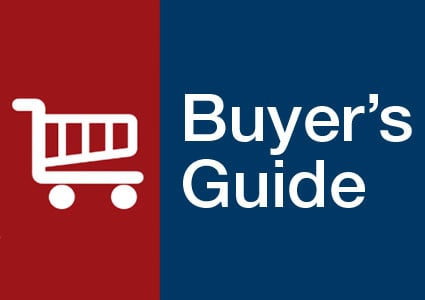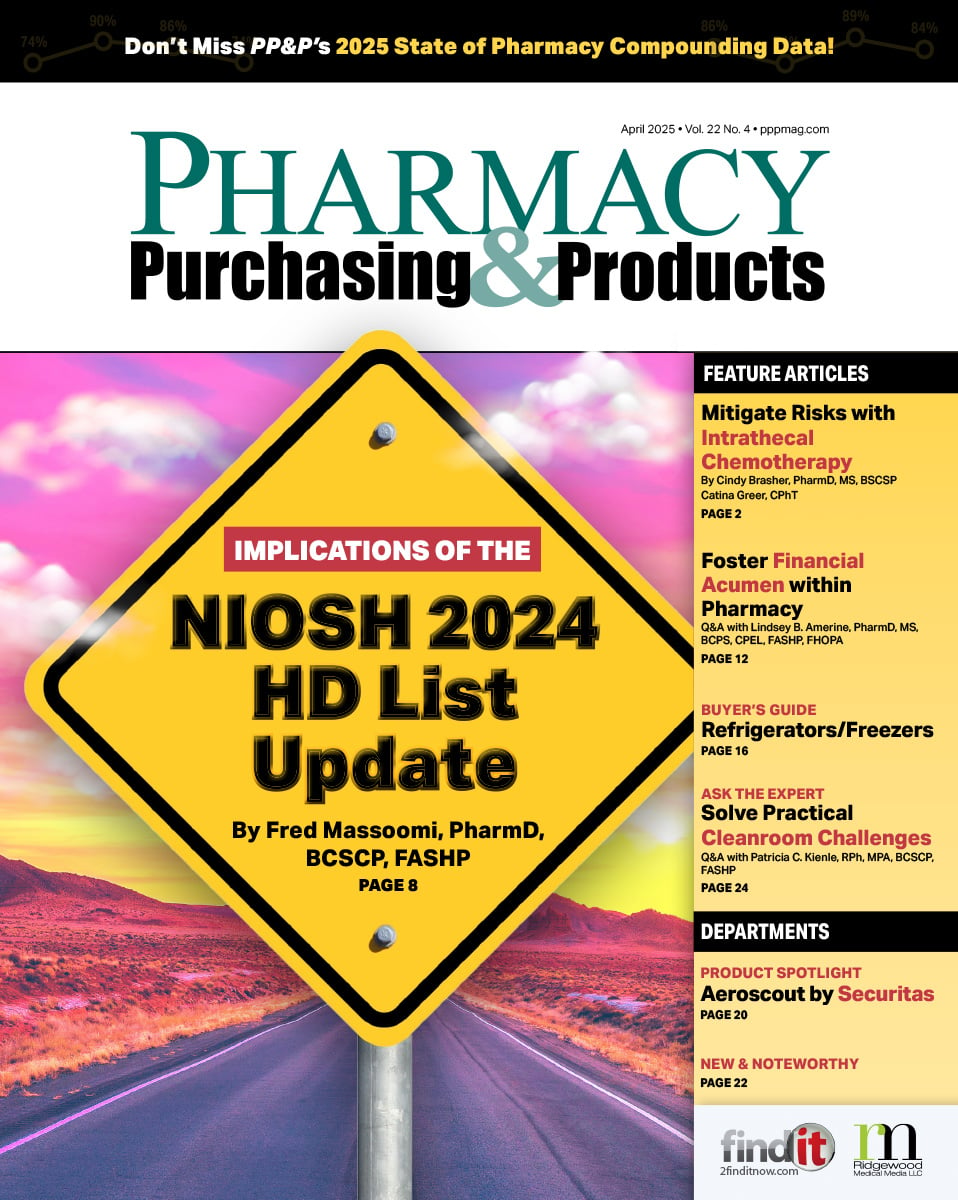- Show Menu
- Contact Us
- FAQs
- Reader Service
- Survey Data
- Survey Winners
- Testimonials
- Upcoming Events
- Webinars
- White Papers
Leadership is Fundamental to a Successful Practice.
As all practitioners of hospital pharmacy are now surely aware, the ramifications of the recent outsourced compounding scandal have yet to reach their full trajectory, and certainly have not ended with the tragic injuries and deaths due to contaminated products. Although cessation of business and follow up investigation are always necessary when such a breach of patient safety is discovered, these actions place increased strain on a business model that already faces significant challenges. The increase in commercial drug product shortages combined with increased pressure to deliver quality care at lower costs, all under the auspice of proper regulatory compliance, has created a boiling kettle with no valve to release the steam. While it may seem easier to seek remedies to these difficult situations, perhaps it is worth taking a step back and gaining a better understanding of how to avoid such circumstances altogether in the future.
Most, if not all pharmacy directors in the US are versed in the tenets of at least some combination of TJC, USP, and ISMP recommendations, as well as state board and CMS requirements for good pharmacy practice. Concepts such as medication management standards and national patient safety goals have been ingrained in both mental practices and physical policies and procedures for some time, yet other resources may be less obvious.
It is easy to see why pharmacy managers devote their energies to ensuring proper compliance with medication handling and storage, aseptic technique, and automation and technology implementation recommendations, but how many have given equal interest to the leadership standards (LD) put forth by TJC? Among the several standards listed in this section is LD.04.03.09—Care, treatment, and services provided through contractual agreement are provided safely and effectively. This standard provides elements of performance just like those listed under the medication management (MM) standards, only these are designed to help avoid the very problems caused by the recent outsourced compounding scandal. EP 4 under this standard states: leaders monitor contracted services by establishing expectations for the performance of the contracted services. The standard goes on to detail how leaders can take control of contracted services—such as outsourced compounding—that they will ultimately be responsible for within the hospital setting.
It is illogical to blame hospital pharmacists for the terrible results of this recent health care scandal simply because many hospitals across the US partnered with an outsourcer for the provision of compounded products that proved contaminated. However, clearly the expectation is that hospitals must do everything in their power to ensure the practices of businesses they work with and rely on are on par with the high level of their own, internal practices. As the saying goes, ignorance is not an excuse, and it is rarely wise to blindly trust in the infallibility of operations you rely on to support your own practice integrity.
Perhaps now is a good time to review TJC’s leadership standards and see if there are other areas that would benefit from increased monitoring and oversight. What other services do you contract for and depend on to keep your pharmacy operation running smoothly? In an upcoming PP&P issue, Kurt Patton of Patton Healthcare Consulting will discuss the LD standard as well as other issues that TJC will likely be paying extra attention to in 2013. We hope you will apply some of these suggestions to your own pharmacy practices and thereby increase the level of safety for all patients.
All the best,
R. Mitchell Halvorsen
Publisher
Like what you've read? Please log in or create a free account to enjoy more of what www.pppmag.com has to offer.








